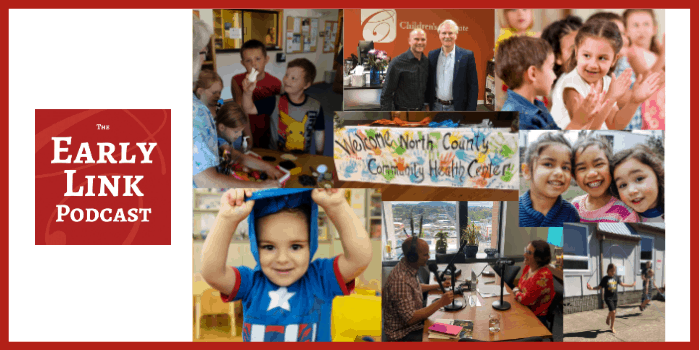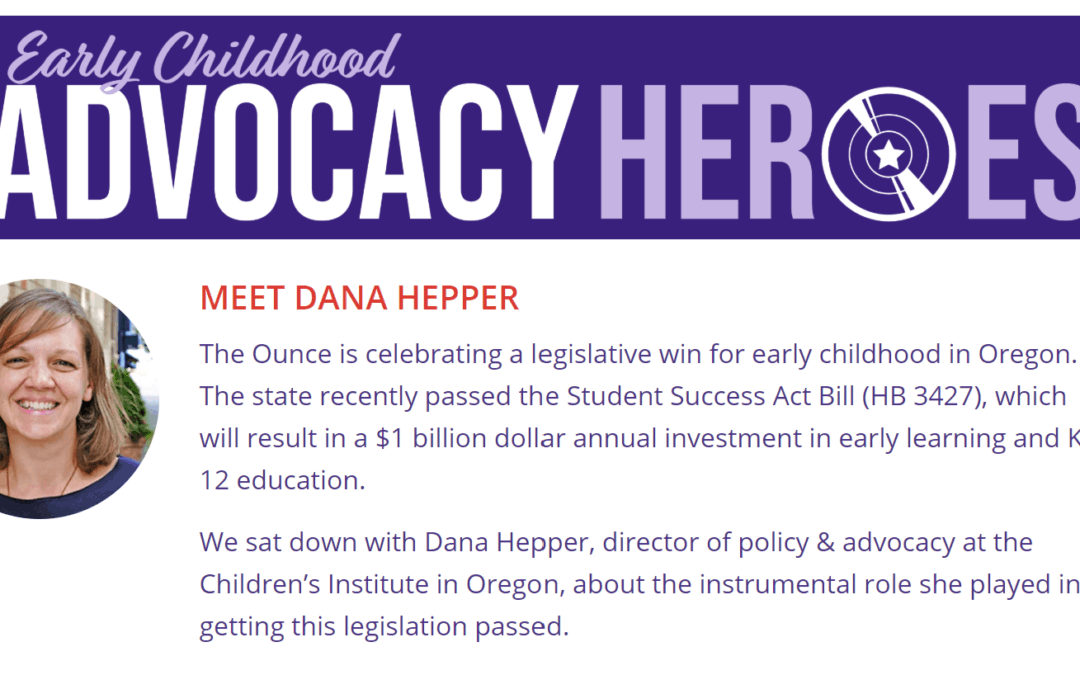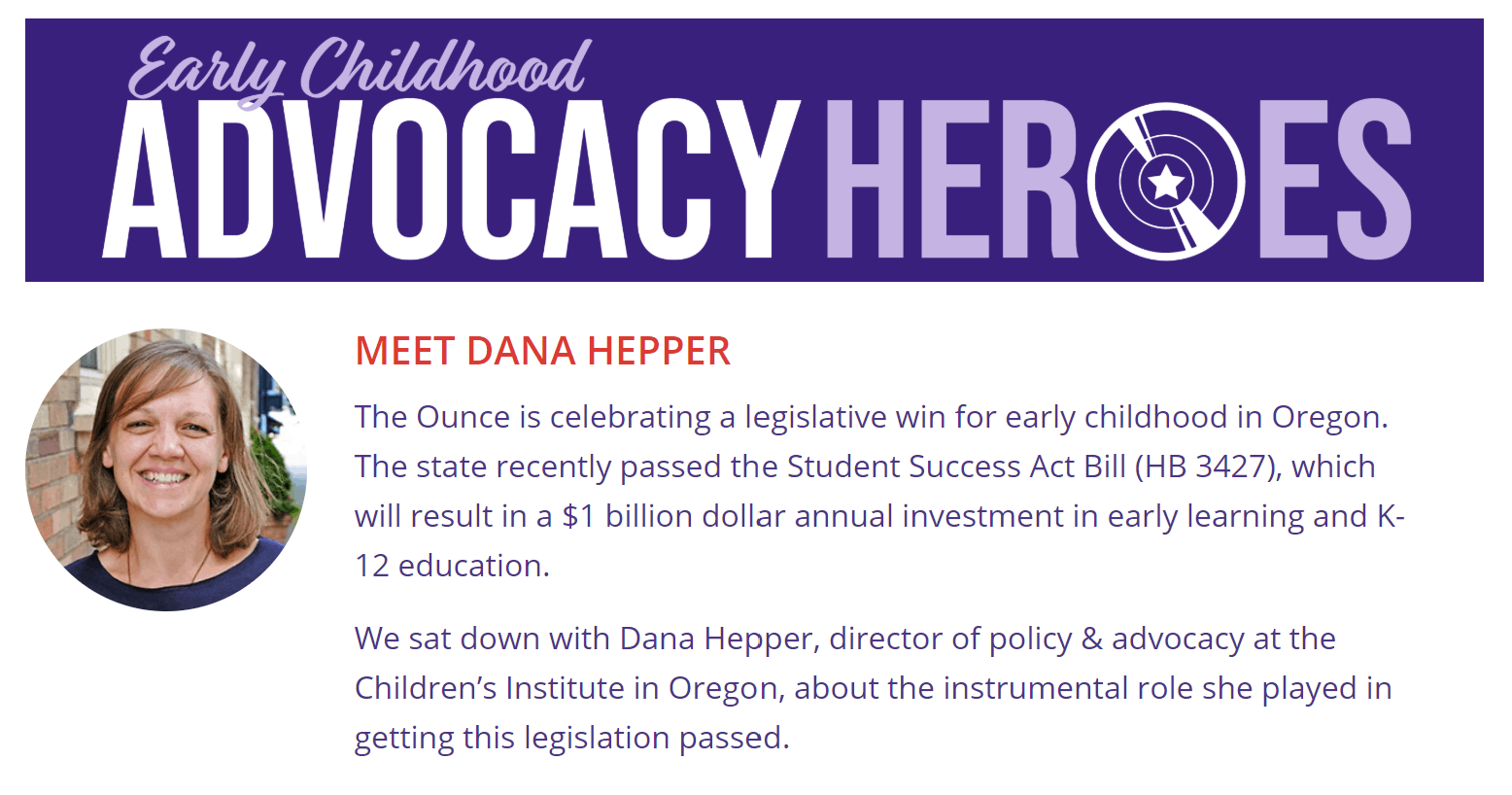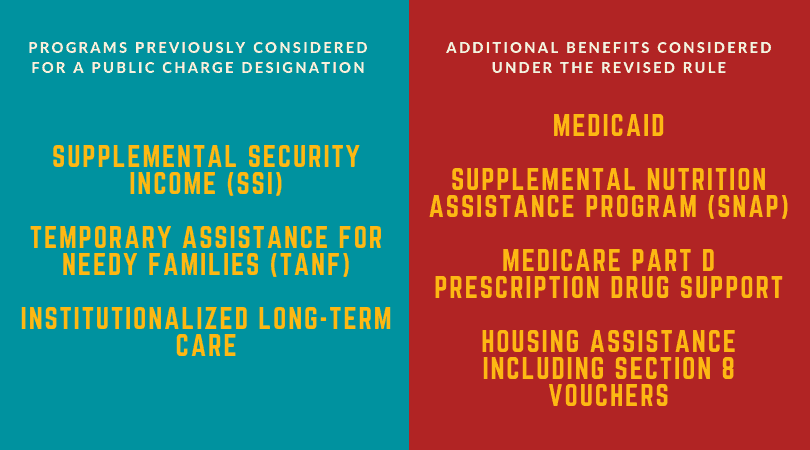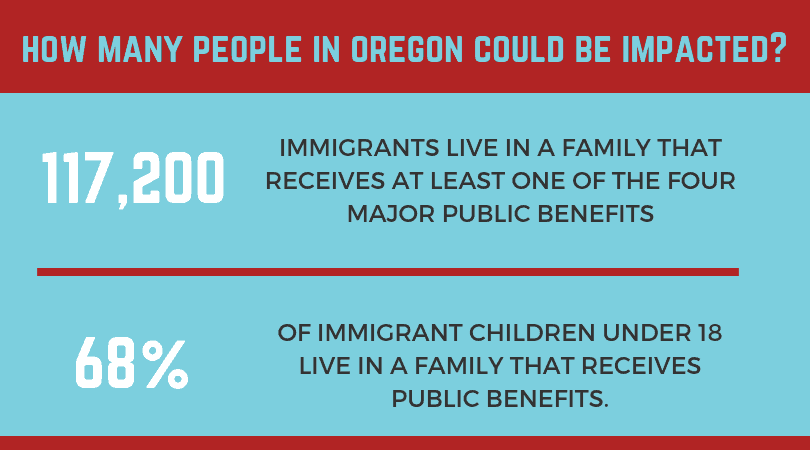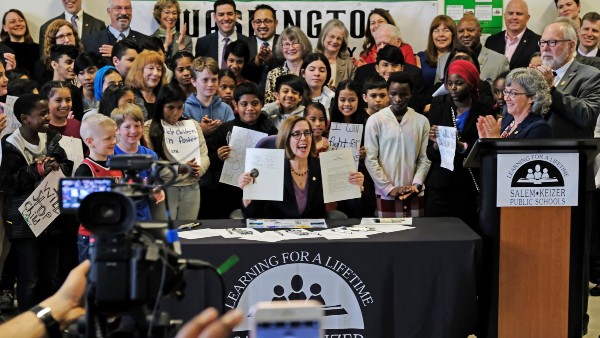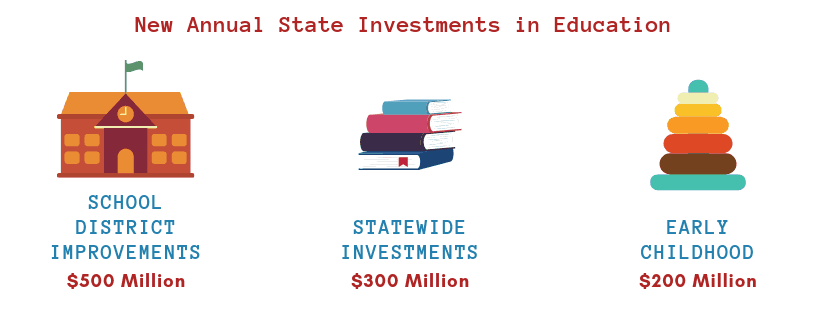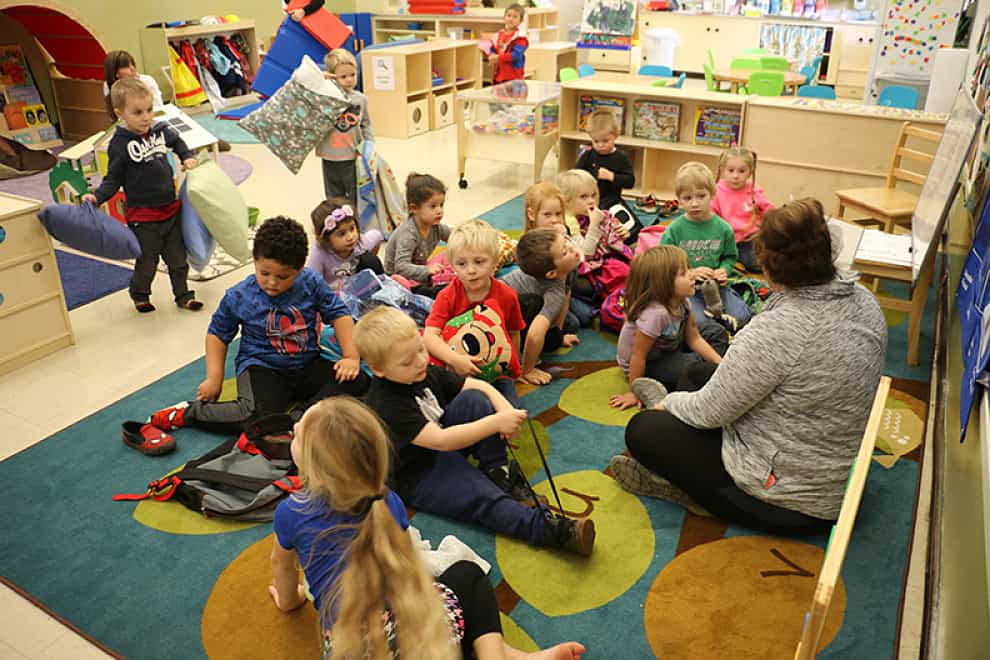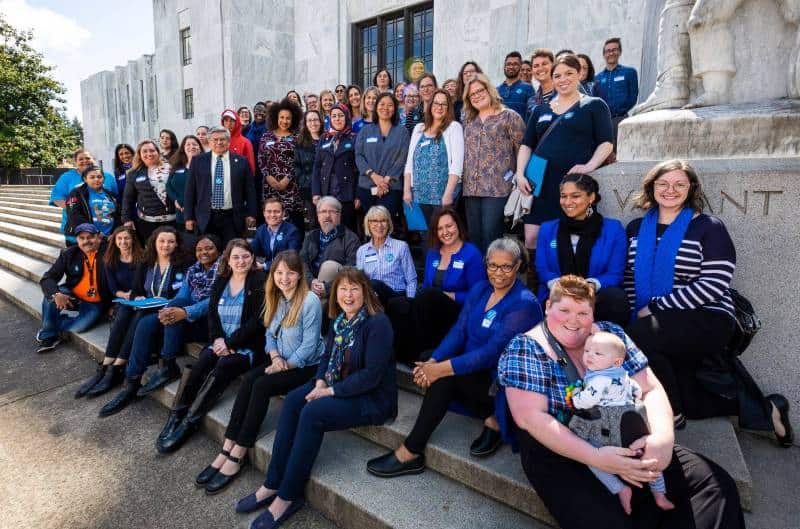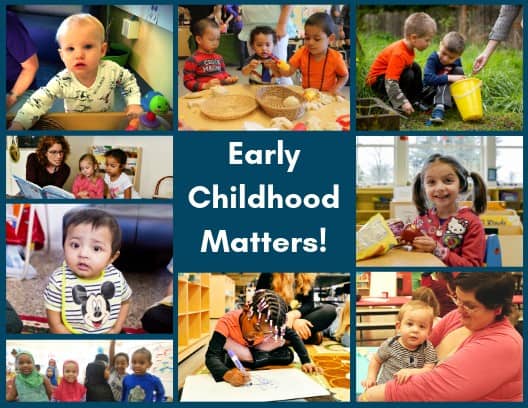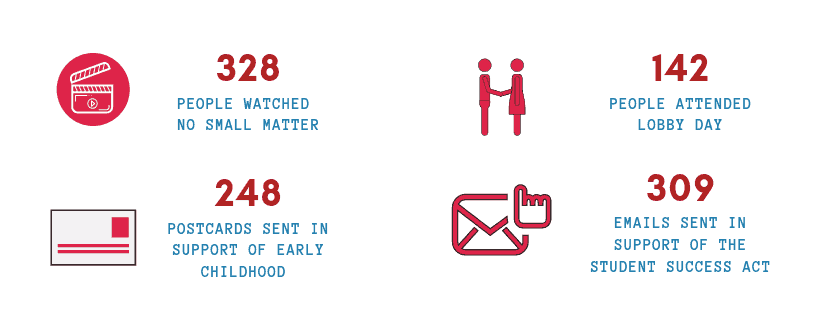Dana Hepper is Children’s Institute’s director of policy and advocacy. Below is her public comment on behalf of CI in response to the Trump Administration’s changes to the public charge determination.
Last year, the Trump Administration proposed changes to a federal rule known as “public charge” that would impact millions of working families across the country. Children’s Institute opposes this change as a racially motivated “wealth test” for immigrants and their families on the path to getting green cards.
Public charge is a determination used by immigration officials to refer to legal immigrants who are dependent on the government for financial support or likely to become so. Immigrants seeking legal permanent resident status who are deemed to be a public charge can be denied a green card. The Trump Administration proposal, which would define public charge much more widely than ever before, would force many immigrants to either forego essential supports like health care, food, and housing, or risk their immigration status.
In the last year, individuals and advocacy organizations across the country, including Children’s Institute, spoke out against changes to public charge. The proposal provoked a record 200,000 comments opposing the change. Despite this overwhelming opposition, the administration announced Monday that it is adopting this cruel and unnecessarily punitive rule change. The change will take effect October 15.
Enforcing a Law That Doesn’t Exist
According to the White House, the administration’s proposal simply seeks to enforce a law that has long been ignored.
“President Trump is enforcing this longstanding law to prevent aliens from depending on public benefit programs. The Immigration and Nationality Act makes clear that those seeking to come to the United States cannot be a public charge. For many years, this clear legal requirement went largely unenforced, imposing vast burdens on American taxpayers. Now, public charge law will finally be utilized.”
While the term “public charge” does appear in immigration laws, there is no “public charge law” that defines how an immigrant’s dependence on government support should be measured. The administration’s claim that it is attempting to enforce an existing law is false.
In the absence of any law defining what it means to be a public charge, INS officers historically interpreted the phrase themselves, applying inconsistent standards and requirements to green card applicants. In 1999, INS moved to clarify the guidelines, introducing a rule that defined a public charge as someone who receives most of their cash income from the government. The government further clarified that the use of Medicaid, the Children’s Health Insurance Program, or other non-cash programs would not be factors in public charge determinations.
